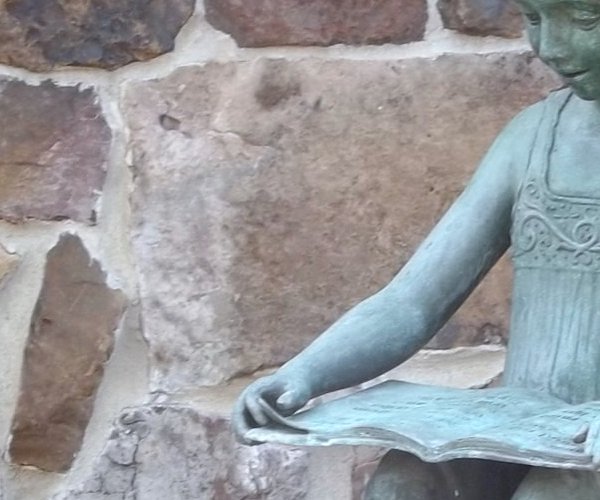Editor’s note: This is the third in a series of stories about Great Bend USD 428 Education Foundation minigrants.
Teachers in Great Bend schools had some creative ideas for reading and math enrichment programs, and the Great Bend USD 428 Education Foundation awarded minigrants to make it happen. The 2016-17 minigrants also support efforts to improve student fitness, as well as programs designed to get parents more involved in their children’s education.
Teachers found out in April whether their ideas were funded with Education Foundation minigrants for 2016-17. The winners will be able to access the funds after July 1.
Here are some of the grants funded:
Reading/Math Educational Games — Sixth-grade Riley students of Peggy Haag and Kara Svaty will have an opportunity to improve reading and math skills through educational games purchased with a $773 grant. The activities are aligned with Common Core standards.
Jefferson Math Night — Jefferson Elementary School offers a math night for students and parents for the purpose of increasing parental involvement and helping students achieve. A $626 grant submitted by Janell Foote will be used to purchase items for each student’s take-home bag containing math activities to be completed with parents.
Move to Learn — Traci Miller and Amanda Loving were awarded $1,459 to purchase five Alphabetter Desks and four Kore Wobble Chairs at Riley School. The desks have a moving foot bar, allowing students to stand during instruction to enable natural movement without interruption. Stools are designed to gently roll with children’s natural movements, offering comfort and support. Objectives include increased time-on-task, the release of excess energy and increased participation.
Increasing Parent Involvement Through Literacy — A prime objective at Riley Elementary School is to increase parent and family involvement as educational advocates for their children, Principal JoAnn Blevins said. An $810 grant will pay for interactive books that can be checked out from the school library. One text page is for the adult to read with the child providing background information about the topic as well as introductory vocabulary words. The opposite page is the student text. Sets include Spanish and English text through which students and parents interact in social studies, science and literary text in both their primary and secondary languages. Text also includes social and emotional topics, encouraging interactive conversation about feelings, friendships, self-control and self-confidence.
Math Fact Masters III — Beth Rein, Riley, said students use the adaptive software program called Scholastic Fast Math for mastering math facts. A $1,000 grant will allow the purchase of 120 annual web-based account subscriptions to the FASTT Math Next Generation software program by Scholastic. Students initially take a placement test. Teachers monitor student participation, and the success is measured by progress in filling their individual fact grid. Self-motivation features are built into the program.
MTSS Fluency Class — Great Bend Middle School’s Renee Buntain received a $1,170 grant for Fluency Tutor, a program that helps grade 7-8 students who qualify for fluency lab to work on and increase their reading fluency rates and to attain higher reading benchmarks throughout the year. Students read along with a text, practice at varying speeds, and record their reading. Teachers conduct valuable reading conferences with the students, provide valuable feedback and set new goals.
Computer Science Exploratory — Keyboard/computer students at GBMS will learn basics of coding with Scratch.mit.edu using a programming format called Blockly. Grant applicants Steve Beaumont and Darcy Leech said Dot and Dash are real-world examples of robots that use Blockly coding to operate, as they interact, pick up items or launch a catapult. The process, with free or locally-produced curriculum, will show students how computer science is active in the work force and is improving lives. The grant is for $460.
Tech Shorts Video Series for Digital Literacy Education — Leech was also granted $482 for the video series Tech Shorts. Teachers will promote factual learning, character education and digital citizenship with technology. With improved recording equipment, videos can be created and then shown during Panther Talk time. Students at GBMS will be issued Chromebooks this fall, and the series can help prepare and instruct students and teachers on the process.





